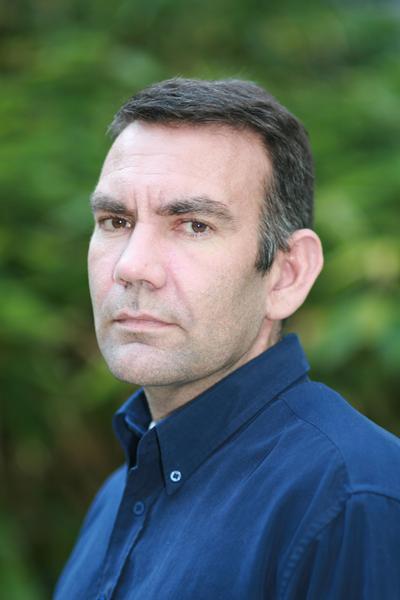| 10:00 - 11.00 | Help, everyone’s looking at me!
Social anxiety and well-being. Dr Lusia Stopa, Psychology, University of Southampton Social anxiety is a universal human experience. However, severe, persistent anxiety about interacting with other people, being observed or performing in front of others (e.g. speaking in a group) may be an indication that you are suffering from social anxiety disorder. Social anxiety disorder is the most common anxiety disorder and has a major impact on people’s lives. It leads to educational and occupational under-achievement and often people do not realise that they have a treatable condition and instead think that this is “just the way I am”. The NICE guideline published last year recommends individual cognitive-behavioural therapy (CBT) as the first line of treatment. A lot of other people experience significant social anxiety in particular types of situations; for example around 20% of the population have disabling fears of public speaking. This workshop will look at what social anxiety is, when it’s a problem and when it isn’t, and give an overview of the NICE recommended CBT treatment of social anxiety disorder. It will conclude by looking at what we can learn about how to manage non-clinical social anxiety from the current evidence-based treatments in order to maximise individual well-being. Reserve your place. |
| 11.00 - 12.00 | Signalling Matters:
How we survived without claws, horns or being too thick-skinned Professor Thomas R Lynch, Psychology, University of Southampton When compared to other species, humans are not particularly robust, at least when it comes to pure physicality. We lack sharp claws, horns, thick hides, or protective fur. Yet since we have survived (and thrived), our physical frailty is proof that our survival depended on something more than individual strength, speed, toughness, or technological know-how. We survived because we developed capacities to work together in tribes and share valuable resources with other members of our tribe who were not in our immediate nuclear family. This required finding a means to signal our cooperation and ‘bind’ genetically diverse individuals together in such a way that survival of the tribe could override older ‘selfish’ response tendencies linked to survival of the individual. This is a research area that has fascinated Tom Lynch for 20 years. In his talk, Tom will demonstrate that emotional well-being for us today involves three overlapping capacities: openness, flexibility, and social connectedness. This is also the principle behind Radically Open-Dialectical Behaviour Therapy (RO-DBT), a distinctive therapy for clients with high-risk and complex mental health conditions, and for which Tom has been the treatment developer. Reserve your place |



